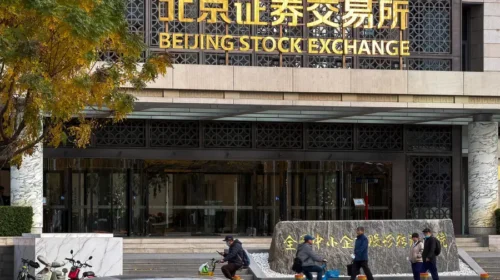FAST NEWS: Baozun posts positive cash flow, but operating loss widens

The latest: Baozun Inc. (BZ.US; 9991.HK) on Wednesday announced it recorded a net loss of 126 million yuan ($17.8 million) in the third quarter, narrowing 25.4% from a 169 million yuan loss a year earlier.
Looking up: In addition to a 4.7% rise in revenue to 1.82 billion yuan, the company achieved its first positive operating cash flow in the third quarter since its IPO, banking on cost controls and improved operational efficiency.
Take Note: The company’s operating loss jumped 416% to 136 million yuan, giving it an operating margin of -7.4%, worse than -1.5% margin in the year-ago period.
Digging Deeper: Headquartered in Shanghai, Baozun listed in New York in 2015 and made a secondary listing in Hong Kong in September 2020. The company has long partnered with e-commerce giant Alibaba (BABA.US; 9988.HK) to provide products and services for e-commerce store operators. In a bid to lower its dependence on Alibaba and move into new areas, it acquired the Greater China operations of apparel retailer Gap (GPS.US) earlier this year. It also formed a joint venture to sell Authentic Brands’ Hunter-branded products in Greater China and Southeast Asia. Both moves represent a shift from the company’s old roots as a software-as-a-service (SaaS) provider to a retail brand operator.
Market Reaction: Baozun’s Hong Kong-listed shares fell 3% on Thursday, but rebounded slightly on Friday morning to close up 1.6% at HK$7.83 by the midday break. The stock now trades near the lower end of its 52-week range.
Translation by A. Au
Have a great investment idea but don’t know how to spread the word? We can help! Contact us for more details.
To subscribe to Bamboo Works weekly free newsletter, click here





